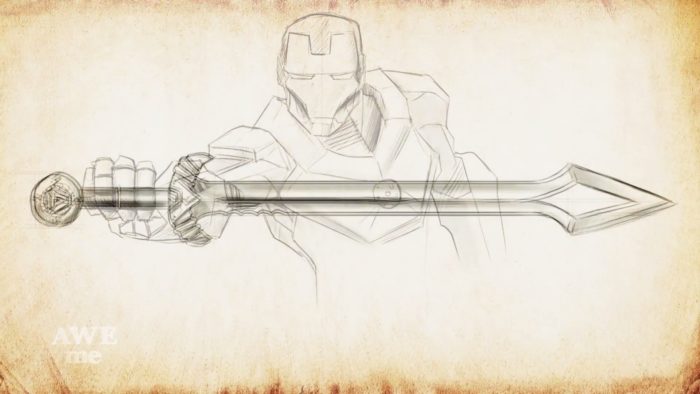Beowolf was written at a crossroads between ages. The characters in the poem straddle both pagan and christian values and struggle with their inconsistencies. It was a product of ages of dynamic oral storytelling translated into a medium that while more permanent, ceased to be as meaningful to later generations. Verbal lore could be adapted to audience and cultural changes, but the written word became fixed, petrifying stories as if they had been seen by Medusa. The further we travel away from the minds of the oral storytellers, the more difficult it is to understand their intended interpretations.
When the ages shift, civilization searches for new myths to reinforce new values and attitudes. Old stories are adapted into new. Utnapishtim becomes Noah. Gilgamesh becomes Heracles. Hamlet becomes Simba.
As our civilization lurches through this bloated consumptive cocoon stage into the next, many of us are looking for inspiration. Hope feels luxurious, and often out of reach. We need stories that trigger awe and a redefinition of ourselves.
The theme that most needs to be explored is humankind’s relationship to nature. For several thousand years we have been driven by a world view that interprets everything non-human as hostile, threatening, and chaotic. We saw monsters everywhere until biologists classified, dissected, and put them in zoos. Nature isn’t chaotic at all, it just has a sophsticated order that is just a bit beyond our understanding. Nature is wild and does not cater exclusively to human interests. So is nature out to kill us, or are we just overstepping our natural limitations? Instead of viewing the dangerous things in the forests as threats to be exterminated, perhaps we need to start interpreting them as boundaries to respect.
Can we create a new myth that inspires respect for nature’s boundaries in engineers, farmers, industrialists, business professionals and children, alike?
I admire the writers of the Marvel cinematic universe for creating a setting where grown adults can enjoy a story with the next generation. Stories are essential for communicating meaning, and popular characters and storylines can often serve as short hand for communicating abstract ideas, like philosophy and wisdom. Beowolf is not short on spectacle and crowd pleasing action, yet unlike the Greek myths, it tells a story where the inner life of the protagonist is at stake. His choices are not merely about surviving the monsters, but how he chooses to conduct himself.
The arc of Tony Stark’s character in the MCU across twenty films is about the trials and pitfalls of modernism’s hubris. His obsessions destroy every aspect of his life till he finds redemption in the less technological joys of parenting. He lays down his weapons and only picks them back up again when it is essential to protect his new way of life. The dozens of writers who shaped this multi-chapter story redeemed the apathy of post-modernism with the reluctant determinism of meta-modernism. Their massive cinematic experience can be seemingly summed up with “We may fail, but we have to try anyway.” It may not be the most inspiring message to transmit forward, but it feels fitting for the uncertainty we are living through today.
If you believe a particular contemporary character or story line will have lasting meaning for future generations, please leave a comment and explain why below.

